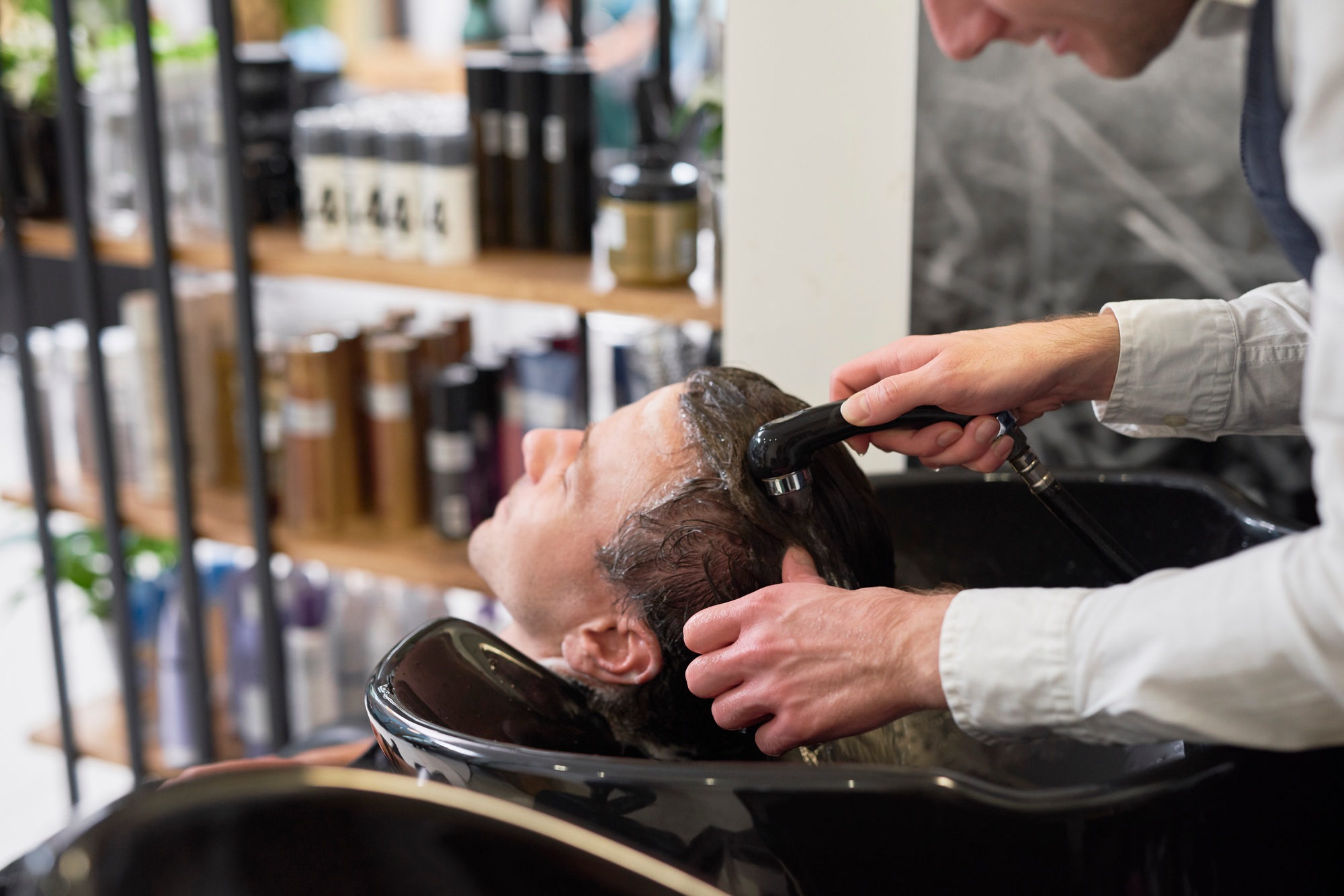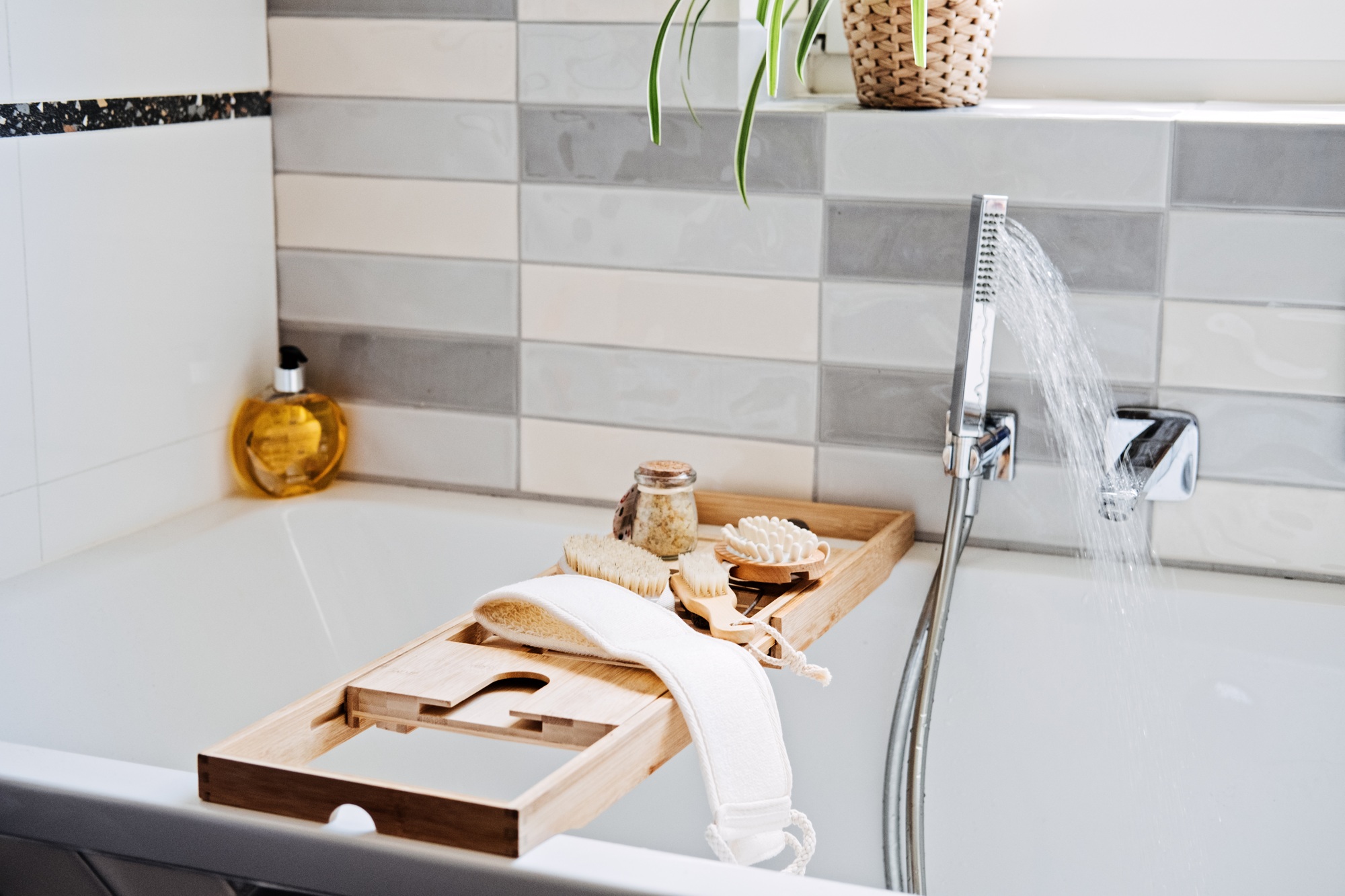
We all know how important sleep is, yet many of us don’t get enough of it.
In fact, millions of people worldwide suffer from poor sleep, which can lead to a range of health problems, from decreased energy levels to more serious conditions like heart disease, depression, and diabetes. Sleep is not just a time for your body to rest; it’s a critical period for your body to repair and rejuvenate.
If you want to feel better, think more clearly, and boost your overall health, improving your sleep habits is one of the best places to start.
In this guide, we’ll explore practical and effective strategies that can help you get the quality sleep you need to feel your best.
1. Create a Sleep-Friendly Environment
The environment in which you sleep plays a huge role in the quality of your rest. If you find yourself tossing and turning, your bedroom might not be the sleep sanctuary it needs to be.
- Darken the Room: One of the most effective ways to improve your sleep is to make your bedroom as dark as possible. Darkness signals to your body that it’s time to wind down and prepare for rest. If you can’t fully block out outside light, consider using blackout curtains or an eye mask to ensure that your room remains pitch dark.
- Keep It Cool: Your body’s temperature naturally drops when you sleep, so a cooler room is ideal for better rest. Experts recommend setting your thermostat between 60-67°F (15-20°C) to create the perfect sleep environment. A cooler room helps lower your body’s core temperature and encourages a more restful night’s sleep.
- Reduce Noise: Excessive noise can be disruptive to your sleep. If you live in a noisy area, consider using earplugs or a white noise machine to block out unwanted sounds. A quiet room promotes deeper, more uninterrupted sleep.
- Comfortable Bedding: A good mattress and comfortable pillows are essential for a restful night’s sleep. If your mattress is too firm, too soft, or sagging in the middle, it can lead to poor sleep quality and aches and pains. Make sure your mattress supports your sleeping position, and your pillows provide adequate neck support.
2. Stick to a Consistent Sleep Schedule
Your body thrives on routine, and sleep is no exception. Going to bed and waking up at the same time every day can help regulate your body’s internal clock, making it easier to fall asleep and wake up naturally.
- Set a Bedtime and Wake Time: Even on weekends, try to stick to a consistent sleep schedule. This helps stabilize your circadian rhythm, which controls your body’s sleep-wake cycle. If you regularly stay up late and sleep in, it can disrupt your internal clock, making it harder to fall asleep at the right time.
- Don’t Sleep In Too Much: While it might be tempting to catch up on sleep by sleeping in on weekends, this can actually throw off your sleep cycle. Instead, aim for 7-9 hours of sleep every night, and try not to deviate too much from your usual schedule.
3. Limit Caffeine and Alcohol Intake
The foods and drinks you consume during the day can significantly impact your sleep quality. Two common culprits that can disrupt your rest are caffeine and alcohol.
- Cut Back on Caffeine: Caffeine is a stimulant that can keep you awake long after you’ve had it. It’s best to avoid caffeinated beverages like coffee, tea, and energy drinks at least six hours before bedtime. Even a small cup of coffee in the afternoon can interfere with your ability to fall asleep later in the evening.
- Be Mindful of Alcohol: While alcohol may help you fall asleep initially, it can interfere with the later stages of sleep, causing you to wake up throughout the night. Alcohol also disrupts REM (rapid eye movement) sleep, which is the restorative stage of sleep. Try to limit your alcohol consumption, especially in the evening.
4. Establish a Relaxing Bedtime Routine
A consistent, relaxing routine before bed signals to your body that it’s time to wind down. Taking time to unwind before sleep can help you fall asleep faster and enjoy a more restful night.
- Turn Off Screens: The blue light emitted by screens from phones, tablets, and computers can interfere with your body’s production of melatonin, a hormone that regulates sleep. Avoid screens for at least an hour before bed. Instead, opt for activities that promote relaxation, such as reading a book, taking a warm bath, or practicing deep breathing.
- Practice Mindfulness or Meditation: Mindfulness practices, such as meditation or gentle stretching, can calm your mind and reduce stress. Even just 10 minutes of mindful breathing before bed can help you relax and fall asleep more easily. Consider using a guided meditation app or breathing exercises to clear your mind and prepare your body for rest.
- Use Aromatherapy: Certain scents, like lavender and chamomile, are known to have calming effects and can promote relaxation. You can use an essential oil diffuser, pillow spray, or a few drops of lavender oil on your wrists to create a soothing atmosphere before bed.
5. Get Moving During the Day
Physical activity has numerous benefits, one of which is improving sleep quality. Regular exercise can help you fall asleep faster and enjoy deeper sleep.
- Exercise Regularly: Aim to get at least 30 minutes of moderate exercise most days of the week. Activities like walking, swimming, yoga, or cycling can boost your energy levels during the day and help you wind down in the evening.
- Time It Right: While exercise is beneficial for sleep, the timing of your workouts matters. Try to avoid vigorous exercise within a few hours of bedtime, as it can make it harder to fall asleep. Instead, aim to finish your workout at least 3-4 hours before bed to allow your body time to relax.
6. Manage Stress and Anxiety
Stress and anxiety are among the leading causes of sleep disturbances. If your mind is racing with worries, it can be nearly impossible to fall asleep and stay asleep throughout the night.
- Practice Stress-Relief Techniques: Incorporating stress-relieving practices into your daily routine can help reduce anxiety and improve your sleep. Techniques such as journaling, deep breathing, progressive muscle relaxation, and mindfulness meditation can help you manage stress more effectively.
- Address Worries Early in the Day: If you find that your mind races at night with thoughts about work, finances, or personal issues, try addressing these concerns earlier in the day. Set aside time for problem-solving during the day so that your mind isn’t overwhelmed at bedtime.
7. Seek Professional Help If Needed
If you’ve tried all of these tips and still struggle with sleep, it might be time to seek professional help. Chronic sleep problems can sometimes be a sign of an underlying medical condition, such as sleep apnea, insomnia, or restless leg syndrome.
- Consult a Doctor: If you’re consistently experiencing difficulty falling asleep or staying asleep, speak with a healthcare provider. They can help identify potential causes of your sleep issues and recommend treatments or therapies to improve your sleep quality.
- Consider Cognitive Behavioral Therapy for Insomnia (CBT-I): CBT-I is a structured program designed to help individuals with insomnia improve their sleep habits. It focuses on changing thoughts and behaviors that interfere with sleep, and it has been shown to be highly effective.
Conclusion
Sleep is one of the most important factors for maintaining good health, but many people struggle to get the rest they need.
By creating a sleep-friendly environment, sticking to a consistent schedule, limiting caffeine and alcohol intake, and practicing relaxation techniques, you can improve the quality of your sleep and, as a result, your overall health.
With a little effort and the right habits, you can start enjoying the benefits of deep, restorative sleep every night. Sweet dreams await!












